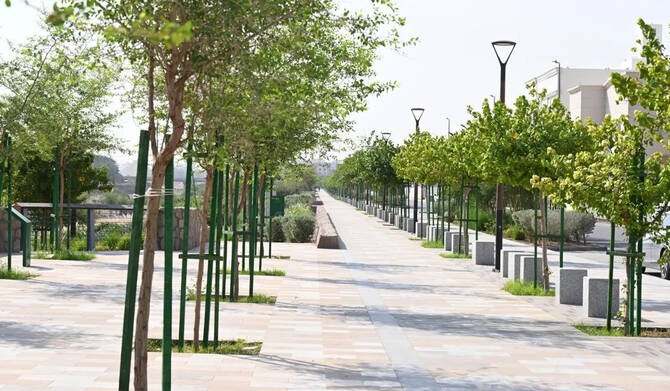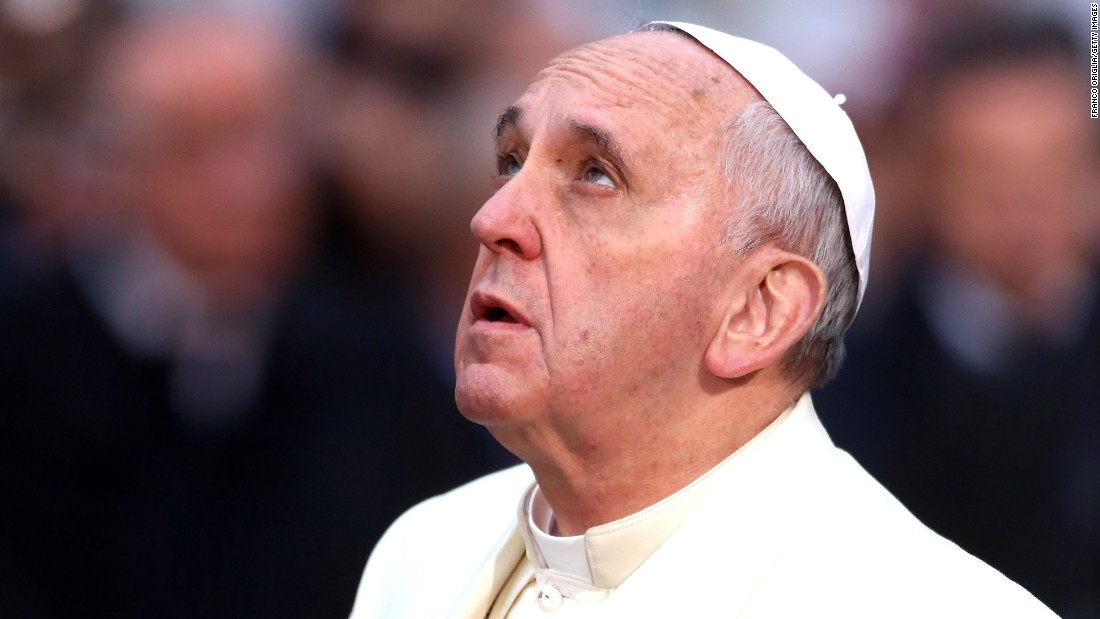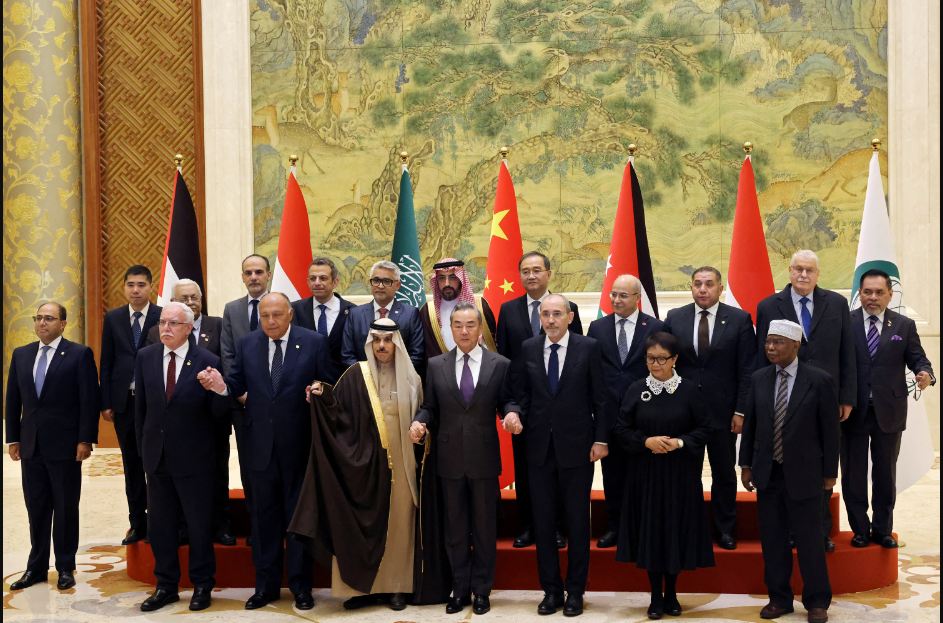Madinah Launches Ambitious 2.1 Million Tree Planting Initiative to Promote Sustainability
RIYADH — In a major step toward environmental sustainability and urban revitalization, the Madinah Municipality has launched the Green City Initiative, a transformative project aimed at planting 2.1 million trees across the city.
This effort is designed to increase vegetation cover, reduce carbon emissions, lower urban temperatures, and enhance the overall landscape of one of Saudi Arabia’s most historic cities.
The initiative aligns with the broader goals of the Saudi Green Initiative and Vision 2030, reflecting the Kingdom’s commitment to sustainable development, climate action, and improved quality of life for residents.
By planting millions of trees along streets, parks, and neighborhoods, the project seeks to create a healthier, more vibrant urban environment that balances modern sustainability goals with the city’s rich Islamic heritage.
A key feature of the program is the use of digital tools such as smart tree tagging, which will allow officials and stakeholders to monitor the growth, health, and survival of each tree.
This technology ensures that the project is both efficient and accountable, providing real-time data to optimize care and resource allocation.
Beyond environmental benefits, the initiative is expected to improve public well-being. Increased green spaces have been shown to enhance mental and physical health, provide recreational opportunities, and promote community engagement.
By expanding shaded areas and reducing urban heat, the initiative will make Madinah more comfortable and livable for residents, while encouraging outdoor activity and social interaction.
The project also emphasizes community involvement, encouraging residents, local organizations, and volunteers to participate in planting and maintaining trees.
This collaborative approach not only strengthens community ties but also fosters a culture of environmental stewardship and civic responsibility.
In addition to urban greening, the initiative supports Madinah’s tourism sector by creating visually appealing spaces that enrich the city’s cultural and religious significance.
Visitors to the city will experience improved public spaces, tree-lined streets, and enhanced natural landscapes, complementing the historic and spiritual attractions that make Madinah a global destination.
Officials highlighted that the Green City Initiative is more than a tree-planting campaign; it is part of a strategic vision for sustainable urban development.
By integrating environmental goals with technological innovation, urban planning, and community engagement, Madinah is positioning itself as a model for sustainable green cities in the region.
The initiative is also expected to contribute to broader climate action efforts. Trees act as natural carbon sinks, absorbing carbon dioxide from the atmosphere, helping to mitigate climate change, and improving air quality.
Expanding green cover in urban areas can also reduce heat islands, lower energy consumption for cooling, and enhance biodiversity by providing habitats for birds and other wildlife.
As Saudi Arabia continues to implement its Vision 2030 objectives, projects like the Green City Initiative demonstrate the Kingdom’s commitment to integrating environmental sustainability with urban development, economic growth, and social well-being.
Madinah’s approach reflects a forward-thinking strategy that combines modern urban planning, advanced technology, and community participation to create long-term positive impacts.
The 2.1 million tree planting project is expected to be completed in stages, with continuous monitoring to ensure maximum survival and effectiveness.
This landmark effort will not only transform the cityscape of Madinah but also serve as a blueprint for other cities in Saudi Arabia and the region looking to combine green infrastructure, climate resilience, and sustainable urban living.
Through the Green City Initiative, Madinah is taking a significant step toward becoming a sustainable, environmentally conscious, and livable city, highlighting the Kingdom’s broader vision of environmental leadership, community well-being, and balanced urban development.



